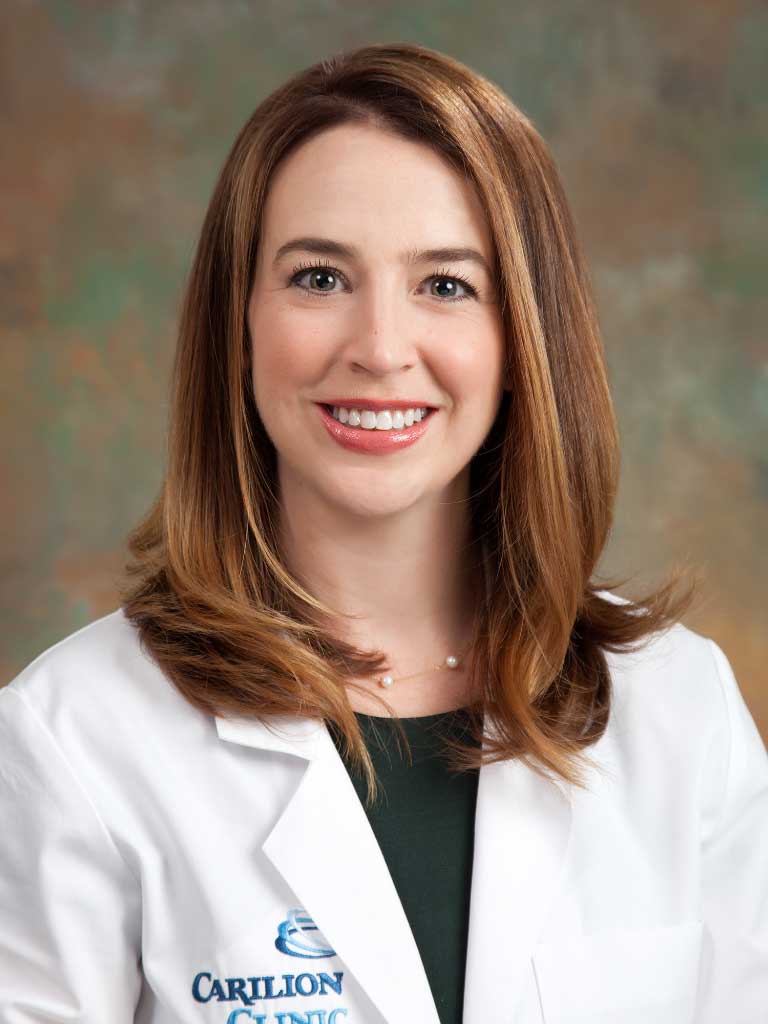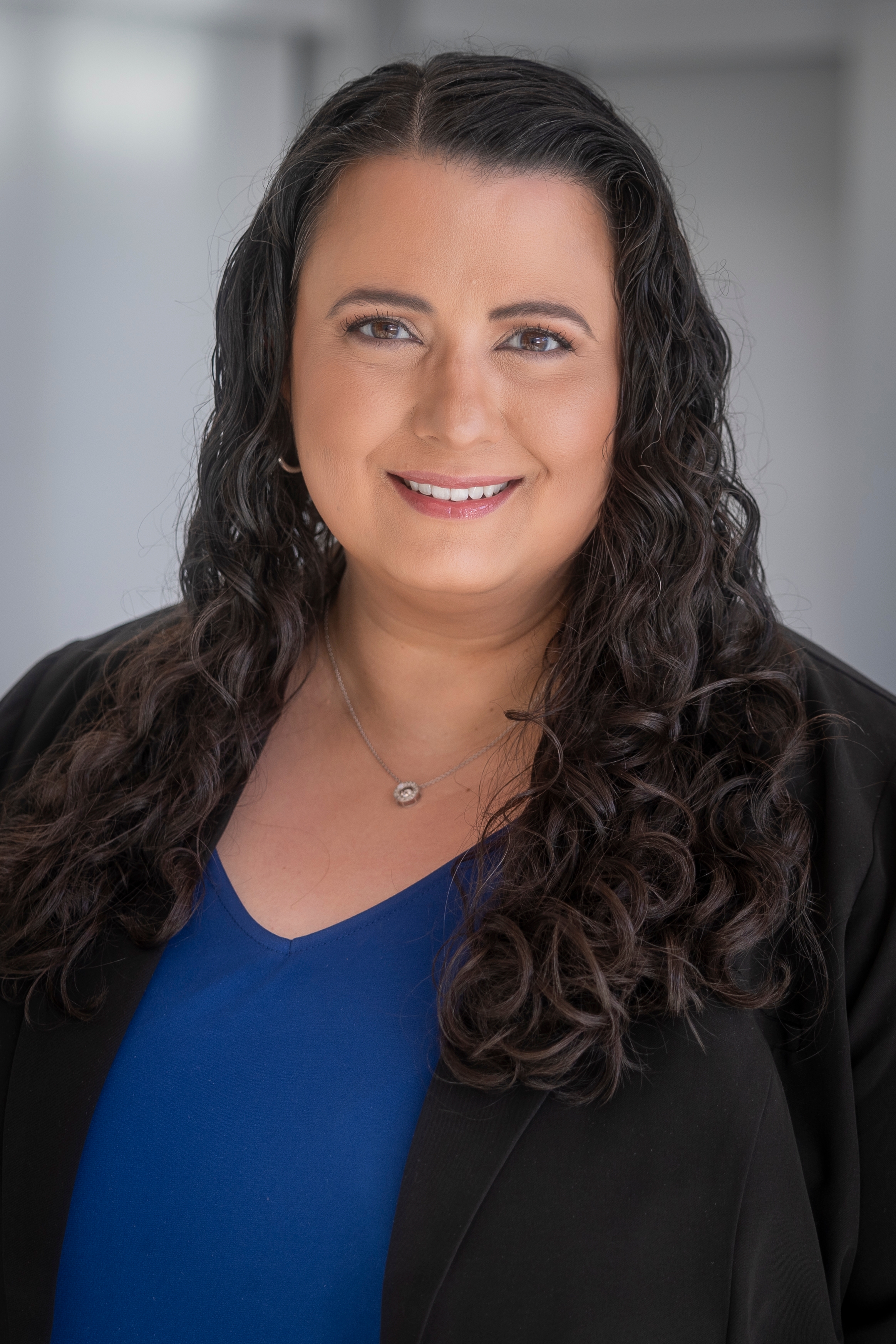Health Systems Science and Interprofessional Practice

The Health Systems Science and Interprofessional Practice domain is integrated into all four years of medical school to provide our students with a consistent foundation to develop a comprehensive understanding of the way health care is delivered in the United States. Through HSSIP, students will learn how to be change agents who are empowered to improve the health of the patients and communities they serve.

Phase I
- Systems Thinking, Social Determinants of Health and Population Health
- Healthcare Structure and Process
- Ethics and Legal Issues in Health Care
- Patient Safety and Quality Improvement
- Healthcare Policy and Comparative Health Systems
- Healthcare Policy in Practice
- Principles of Teaming in Practice/ Transition to Clerkship
Phase II
HSSIP didactics and learning objectives included in all clerkship rotations.
Each clerkship has a health systems science domain of focus.
- OBGYN – Health equity
- Pediatrics – Social determinants of health
- Surgery – Health System Improvement
- Emergency Medicine – Healthcare structure and process/healthcare policy
- Radiology – Healthcare policy and economics
- Family Medicine – Value in healthcare
- Psychiatry – Clinical Informatics
- Internal Medicine – Ethics and legal
Systems Sessions (series of health systems science topics)
Variety of M4 electives across all specialties with focus on health systems science domains
Meet the Team
Natalie Karp, MD
Co-Director of Health Systems Science and Interprofessional Practice, Phase 2
540-224-6729
nekarp@carilionclinic.org
nekarp@vt.edu
Michelle Rockwell
Co-Director of Health Systems Science and Interprofessional Practice, Phase 1
540-526-2560
msrock@vt.edu
Riverside 1
Joalenn Tabor
Director, Health Systems Science and Interprofessional Practice Domain
540-526-2085
jmtabor@vt.edu
Riverside 2 M135
[David Trinkle, associate dean for community and culture]: Students here get personalized research training so they'll be thought leaders when they graduate, and they also get personalized interprofessional training, which is all about teamwork.
[N.L. Bishop, former chair, interprofessionalism]: The medical students of the Virginia Tech Carilion School of Medicine work very closely with students over at the Jefferson College of Health Sciences [now Radford University Carilion].
[Raeva Malik, medical student]: How do we interact with everyone else who's in the hospital? Nurses, PT, OT nurses aides, everyone who's involved in the process of taking care of a patient.
[Shani Weerakoon, medical student]: And everyone comes from different backgrounds. You have to rely on everyone's unique experiences.
[Chris McLaughlin, medical student]: Being able to work with nursing students, physician's assistants, before you hit the actual hospital floors, is something that you just don't get at other medical schools.
[Eric Kim, medical student]: With a small school like Virginia Tech Carilion you really get to know your classmates well. It really does foster an environment of cooperation rather than competition.
[Rohini Mehta, medical student]: Virginia Tech Carilion is pretty unique and involving students at a very early point in their medical education.
[Adegbenga Bankole, MD, assistant professor, internal medicine]: The medical students actually come into contact with real patients, taking real history and doing real physicals, so you're not so nervous when you're starting your clinical electives.
[Sam Bircher, medical student]: I'm somebody who learns by doing so patients that are learning was was sort of my you know my style.
[Raeva Malik]: We had a LACE program which is our Longitudal Ambulatory Care Experience where we actually shadowed physicians before our third year.
[Saleem Ahmed, MBBCh, PCPS, former director of anatomical science]: The faculty themselves are very involved with the students because of the small class size.
[Raeva Malik]: You're teaching your classmates it's a much more engaged process.
[Donald Vile, medical student]: Problem-based learning it causes you to go out and seek the information that you need to know.
[Chris McLaughlin]: Being able to talk to nurses and PAs before you hit those hospital floors, kind of learn where they're coming from with their scopes of practice, it's just something that you just don't get at other medical schools.
Spotlight on Health Systems Science and Interprofessional Practice
- Student teamwork shines in emergency situations
- Medical students learn recipe for good health
- Photos: Public Health Walk
- Interprofessional Education Simulation Day
- Interprofessionalism and Leadership: Medical students present lessons learned through service
- Interprofessionalism education simulation event resembles real life







